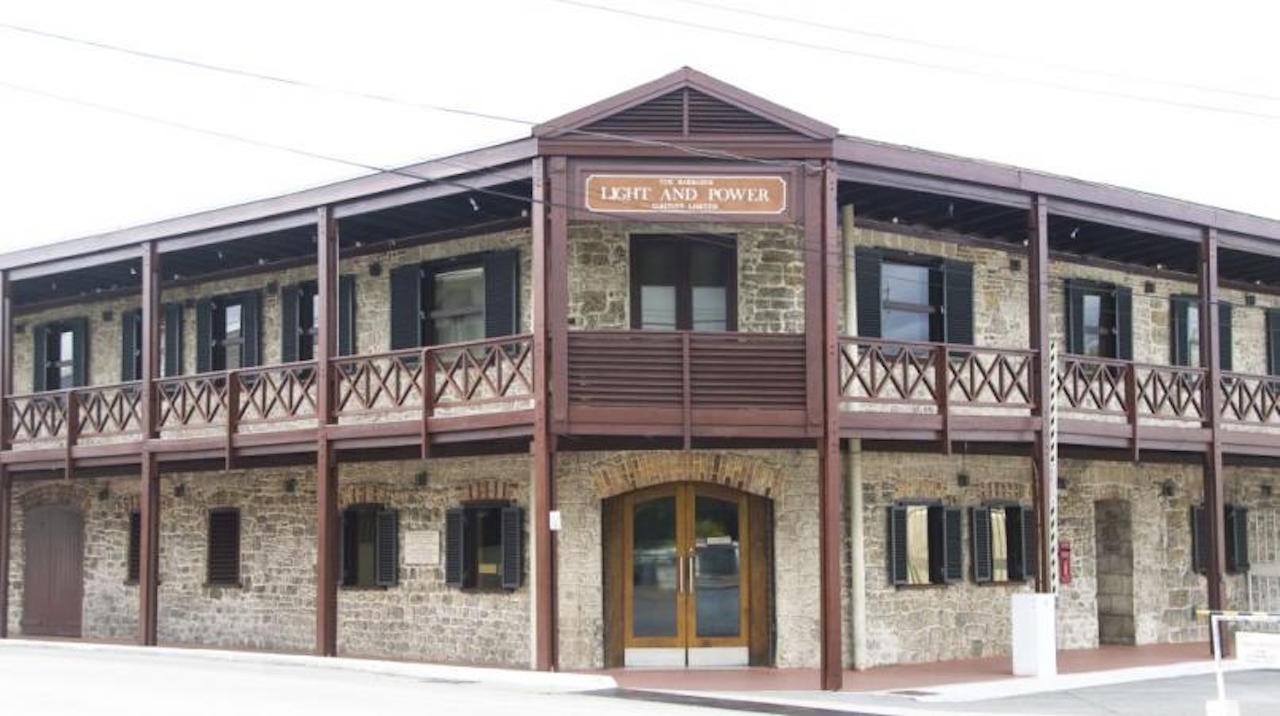Two weeks after submitting an application for a rate increase of 11.9 per cent on electricity bills, Light & Power has been granted permission by the Fair Trading Commission (FTC) to implement fuel hedge contracts instead, but with several terms and conditions attached.
Fuel hedging is a mechanism used by companies to reduce their exposure to volatile fuel prices. It is a contract that allows for the establishment of a fixed or capped cost by way of various options.
This decision came on Thursday for an application for fuel hedging that was submitted back in May 2020. Another application for a fuel hedging programme was submitted in November that same year.
With the decision being made for the application submitted in May 2020, when international oil prices averaged around US$30 ($60) per barrel but are now US$85 ($170) per barrel, this has cast some doubt on if the utility company will proceed with that plan or how it will likely go about it.
In a brief response, Light & Power said: “At the time of our application international fuel prices were around US$30 per barrel and a clear opportunity existed to lock-in fuel prices at the lower level to reduce fluctuations in the fuel component of customers’ bills.
“Today, fuel prices are in excess of US$80 per barrel and therefore Light & Power now has to assess the opportunity to implement fuel hedging. Over the next few days, we will fully review the decision and determine how best to proceed in the interest of customers.”
In its application, Light & Power sought to apply the results and costs of hedging to the calculation of the fuel clause adjustment (FCA). The FCA is a variable charge that the consumer currently pays on a monthly basis and it can change each month depending on the cost of fuel on the international market.
Although the utility does not require the approval of the FTC to engage in fuel hedging, it does require the regulator’s permission to pass on the related results and costs to the consumer through the FCA or otherwise.
In its 63-page ruling issued on Thursday afternoon, the FTC said it carefully considered all relevant information, including the submissions made by the interested parties, and determined that Light & Power is permitted to initiate a fuel hedging programme on a pilot basis not exceeding two years.
The decision shall be reviewed by the FTC three months prior to the end of the 24-month period.
The FTC said the permission came with a number of measures/requirements including that the pilot shall be limited to no more than 40 per cent of fuel volumes being hedged, the results and costs associated with the said pilot fuel hedging programme shall be split evenly between the electricity company and the consumer.
Another condition is that Light & Power and the FTC must determine the investment manager and that the cost of hedging will include costs borne by the FTC in the company’s management and establishment of the fuel hedging programme.
“These costs will be passed to the BL&P, 50 per cent of which will be passed through the Fuel Clause Adjustment (FCA),” the FTC said.
It ordered that the equation used to calculate the FCA will be revised to account for the passing on of the results and costs of hedging to the consumer divided by the generation losses itemised by the generation plant, including renewable energy generation.
The Commission said it reserved the right to audit the pilot hedge programme on a quarterly basis or on such basis as it deemed fit. It ordered Light & Power to submit to the commission within 45 days after the end of each quarter, the investment performance report from the investment manager.
“The Commission’s approval for the BL&P to commence the aforementioned pilot fuel hedging programme is also conditional and shall not become effective until the date on which the BL&P submits, to the Commission’s satisfaction, the BL&P’s Investment Policy Statement (IPS),” said the FTC.
“In this regard, the Commission reserves the right to comment on/request amendments to the BL&P’s IPS documents before the BL&P’s permission to commence the pilot fuel hedging programme becomes effective.”
The IPS serves as a strategic guide in the planning and implementation of an investment programme. It establishes accountability for the various entities that may work on behalf of an investor and addresses issues related to governance of the investment programme while ensuring monitoring of the results, risk management and appropriate reporting.
The FTC said the BL&P application for a fuel hedging programme was subjected to public consultation as provided by the Fair Trading Commission Act.
There was also a public intervention in the proceedings and a Procedural and Issues Conference was held on June 5, 2020, which, it said, “provided the interested parties with an opportunity to participate in the proceedings and make submissions, ensuring that there was transparency in the decision of the commission”.
“Ultimately, three interested parties met the criteria to participate in the conference through the submission of their respective letters of intervention,” the FTC said.
marlonmadden@barbadostoday.bb




